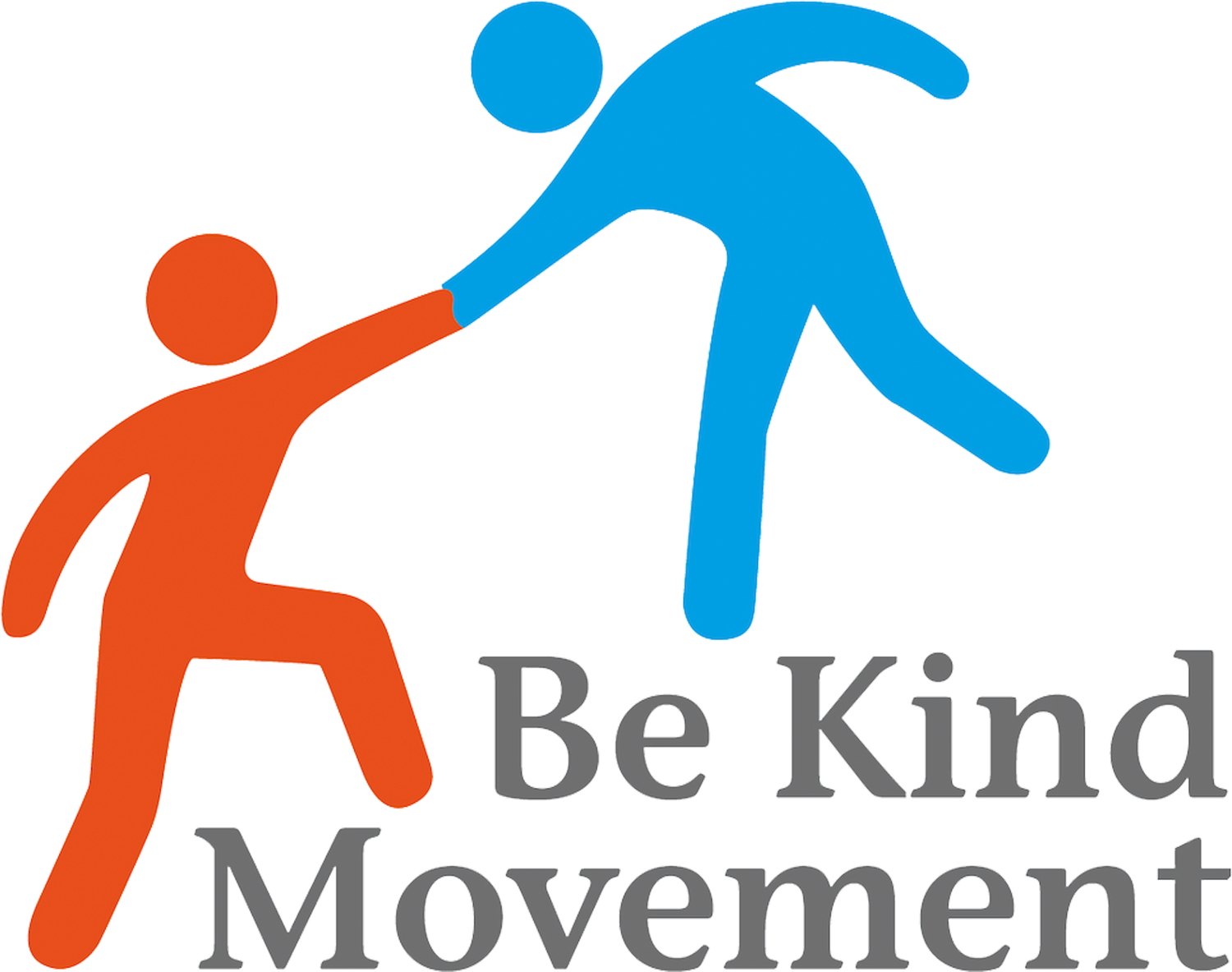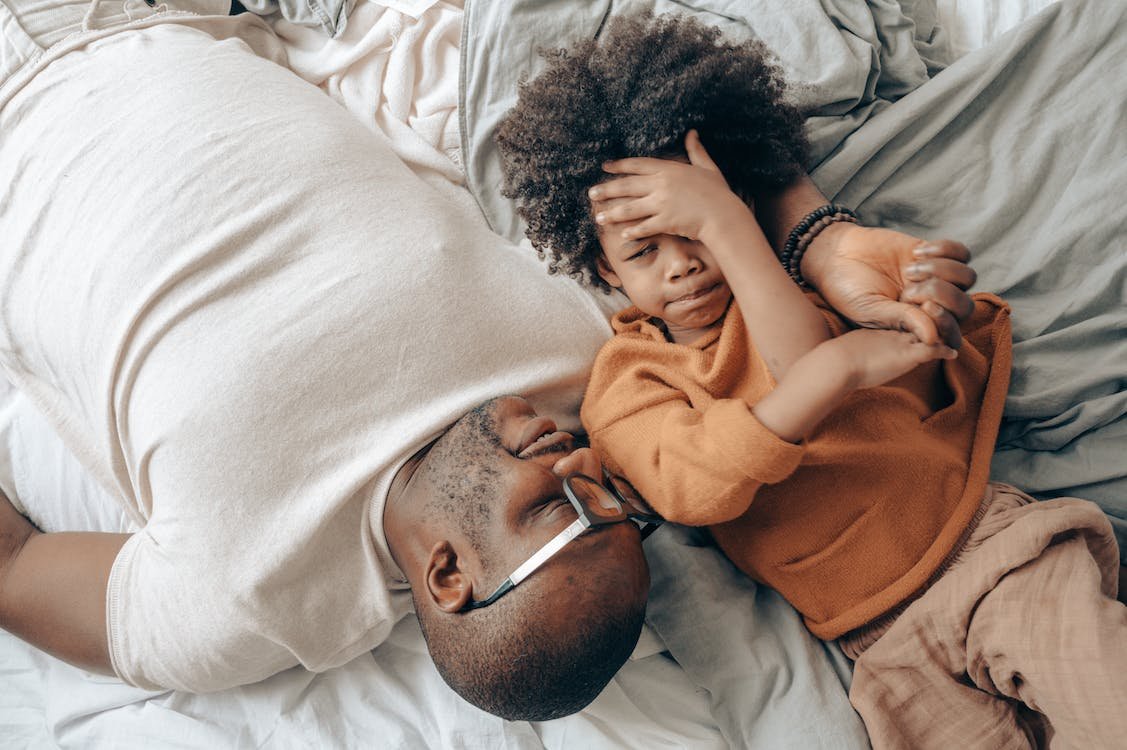Understanding Childhood Anxiety: Promoting Mental Well-being during Mental Health Awareness Week - 15-20 May 2023
Mental Health Awareness Week is a crucial time to shed light on an issue that affects countless individuals, including children, across the world. Anxiety, a condition marked by persistent feelings of worry and fear, can cast a heavy cloud over a child's life, hindering their happiness, growth, and potential. In this blog , we delve into the realm of childhood anxiety, exploring its impact and providing actionable ways to improve well-being and foster emotional resilience in young hearts.
Last week was the start of the SATs and other tests among school children, which are one of the causes of anxiety.
Anxiety among children has become alarmingly prevalent in the UK. The pressures of academic expectations, social interactions, and the ever-present influence of technology can exacerbate their fears and worries. The burden of anxiety can lead to isolation, low self-esteem, and hindered academic performance, robbing children of the carefree, joyful experiences that should define their formative years.
Be Kind Movement’s Kindness In School Programme™ (KISP) is tackling the growing mental health crisis among children and young people in the U.K through amplifying the transformative power of kindness for individuals and society through the medium of film. Our Kindness in School Programme™ (KISP), delivered to primary (ages 5-11) and secondary schools (ages 11-16), is used as an early intervention tool to promote kindness values which help to facilitate emotional intelligence skills in children and young people.
KISP is delivered through experiential workshops that involve students watching high impact short form visual content subsequently engaging in thought-provoking exercises, role plays, creative games, and cooperative learning activities. Workshops are delivered either face to face, in a classroom setting or virtually via Zoom. Click here to find out more or to book a workshop for your school.
It is essential to recognize the signs and symptoms of anxiety in children to offer them the support they need. Common indicators may include excessive worry, restlessness, difficulty concentrating, sleep disturbances, frequent physical complaints (such as stomach aches or headaches), and avoidance of certain situations. By understanding and acknowledging these signs, we can begin to address the underlying causes and provide targeted assistance.
Organisations such as the Mental Health Foundation show that as many as 10% of children in the UK alone face anxiety. These are serious numbers.
During Mental Health Awareness Week, let us prioritize strategies that empower children to overcome anxiety and build emotional resilience. By creating a supportive environment, we can help them navigate the challenges they face and cultivate a stronger sense of self.
Here are some ways we can be more kind and aware of each other to help relieve anxiety among children.
Foster Healthy Relationships - Positive relationships play a vital role in a child's emotional well-being. Encourage meaningful connections with friends, family, and trusted adults. Supportive relationships provide a sense of belonging, boost self-esteem, and offer a reliable support system during challenging times.
Encourage Open Communication - Create a safe space for children to express their feelings openly without fear of judgment. Listen attentively, validate their emotions, and let them know they are not alone. Regular conversations about anxiety normalize the experience and reduce the stigma surrounding mental health.
Teach Coping Mechanisms - Equip children with practical tools to manage anxiety. Deep breathing exercises, mindfulness techniques, and engaging in physical activities can help them regulate their emotions and alleviate stress. Encourage them to identify their unique coping strategies and engage in activities they find calming and enjoyable.
Discuss mental health openly - In some cultures worldwide, suffering from anxiety and depression is seen as taboo. However, rather than dismissing mental illness as something negative, we can be more aware of the pain another person is going through. This can form part of the lesson plans and shared experiences. The BeKind Movement includes campaigns where facilitators go into schools to discuss how we can be kinder to each other.
Promote Self-care - Teach children the importance of self-care and prioritize activities that promote their well-being. Encourage regular exercise, sufficient sleep, a balanced diet, and engaging in hobbies they enjoy. Nurturing their physical and emotional health is fundamental to managing anxiety effectively.
For more ideas on how you can share kindness, please take a moment to watch this short video. https://www.bekindmovement.co.uk/mental-health-awareness-week.
By recognizing the signs, fostering open communication, teaching coping mechanisms, nurturing healthy relationships, and promoting self-care, we can lay the foundation for emotional resilience. Together, we can empower young minds to overcome anxiety and embrace a brighter, happier future.
Remember, addressing childhood anxiety requires collective effort. Let us spread awareness, extend empathy, and champion the cause of mental health, not just during this awareness week, but throughout the year. Together, we can create a nurturing environment where children thrive, free from the suffocating grip of anxiety.
Are there other ways that you could be kinder to others this week and going forward? Please share with us in the comments, on our socials and contact us if you want to learn more about Be Kind Movement programmes and campaigns.


